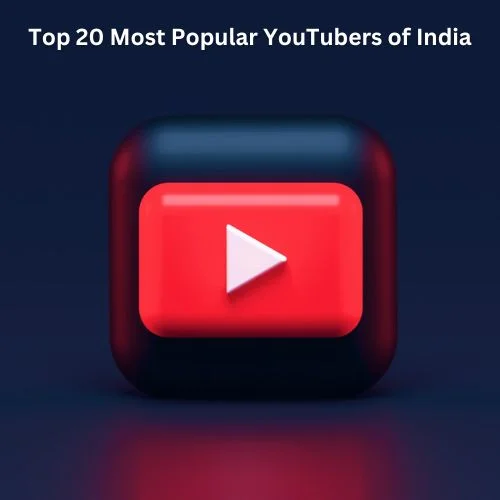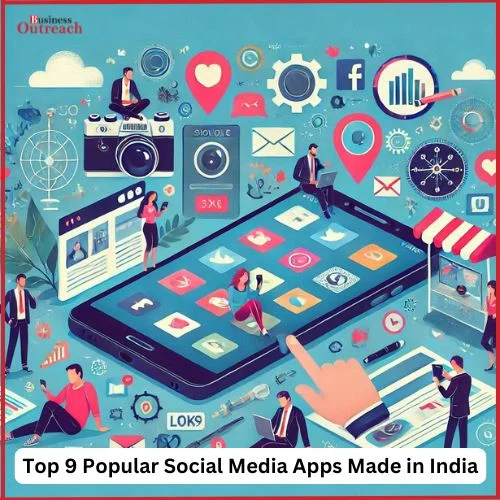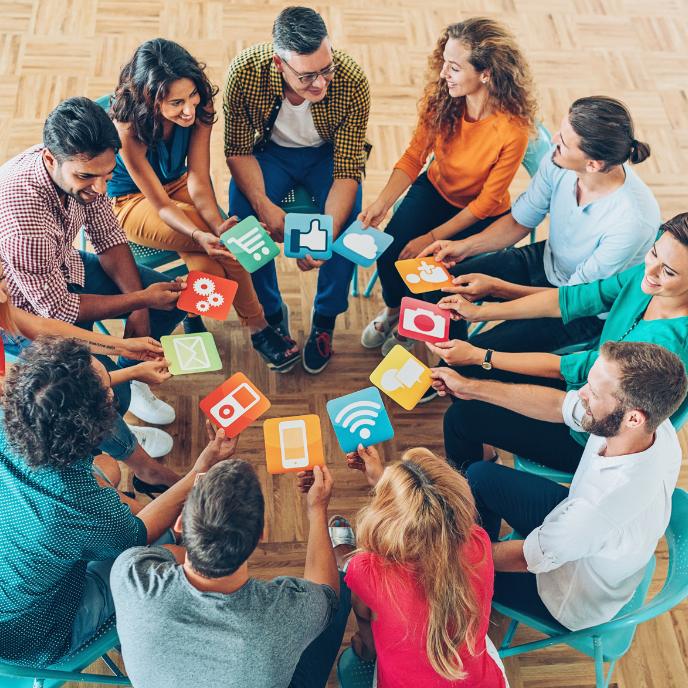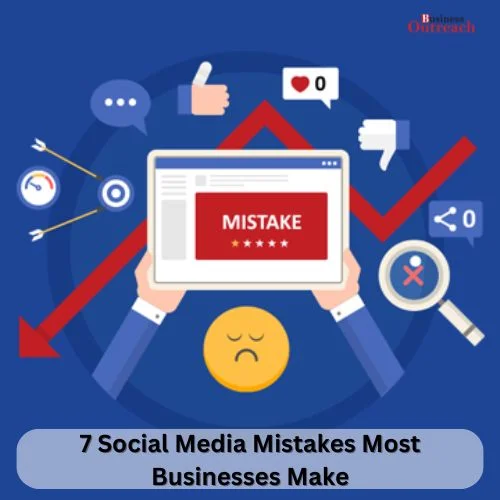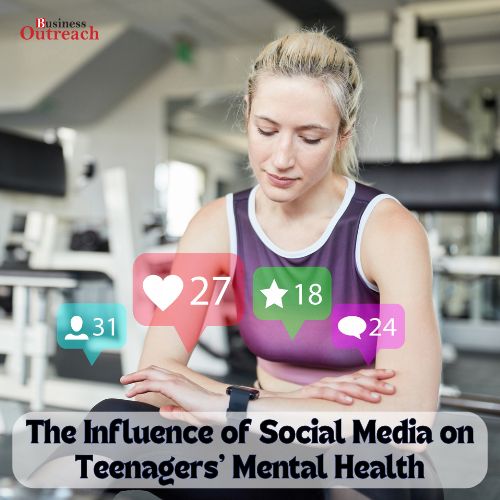Imagine a Day Without Social Media
How would you spend your 24 hours if there were no social media apps on your phone? Think about it for a moment before reading on. This thought experiment highlights how integral social media has become to our daily lives. However, this integration has significant impacts on our mental health, especially for teenagers.
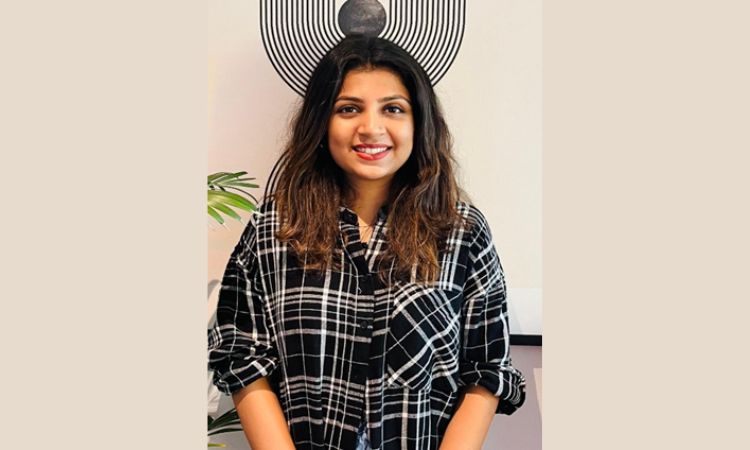
Article authored by Siddhi Aiya, Counselling Psychologist and Habit Coach, Alyve Health, India’s fastest-growing health tech platform
Digital Mental Health: A New Concern
Digital mental health refers to the changes in our emotions, thoughts, and behaviors after scrolling through social media. While social media isn’t inherently bad, the type of content we consume can greatly affect our mental well-being. Three major harmful effects of social media are increased feelings of loneliness and anxiety, a sense of incompetence and inadequacy, and even symptoms of depression due to overuse.
The Content We Consume Matters
It’s not about rejecting social media,it’s about being mindful of what we consume. Social media can help us create connections, but it can never replace real-world interactions. Constant notifications and short, stimulating content like 60-second reels contribute to shorter attention spans, making it harder to focus during lectures or long study sessions.
Understanding Social Media Addiction
More than half of today’s youth might be experiencing social media addiction. It starts when you receive a like or comment on your post, which releases the feel-good hormone dopamine. This dopamine rush makes you crave more, leading to anxiety when you’re away from your phone.
Signs that social media usage can impact your Mental Health in an unhealthy way
1) Preferring Online Socializing Over Face-to-Face Interaction: Social media might seem like a good way to connect, but it often leaves us feeling more isolated.
2) Low Self-Esteem: Seeing other people’s posts can make us feel sad or inadequate.
3) Unhealthy Comparisons: We often struggle with insecurity because we compare our behind-the-scenes to others’ highlight reels.
4)Distraction: Social media can distract us from work and other responsibilities.
5)Seeking Validation: Behaving in certain ways just to attract likes can become a habit.
6)Disappointment: Feeling sad if our posts don’t get as many likes as others.
7)Checking Social Media First and Last: Starting and ending our day with social media can affect our overall mood.
8) Neglecting Hobbies: Spending more time on social media can lead to neglecting other interests.
The Overuse Problem
The issue isn’t the use of social media but its overuse. To maintain a healthy balance, it’s important to pay attention to how we use social media and how it makes us feel.
Questions to Reflect On
– How often do I use social media daily?
– What emotions or thoughts typically arise when I use social media?
– Do I feel more connected or isolated when using social media?
– How do I react when I see posts that make me feel envious, anxious, or inadequate?
– Have I experienced stress or anxiety related to my social media usage?
Breaking the Cycle
When feeling lonely, depressed, anxious, or stressed, we often turn to social media for relief. However, using social media more frequently can increase feelings of FOMO (fear of missing out) and inadequacy, creating a downward spiral. These feelings negatively impact our mood and worsen symptoms of depression, anxiety and stress, causing us to use social media even more.
Disconnect to Reconnect
Finding a healthier balance with social media involves re-examining our online habits. Disconnecting from social media once a while can help us reconnect with ourselves and improve our mental health. Pay attention to what you do and how you feel while using social media, and take steps to create a healthier relationship with it.










